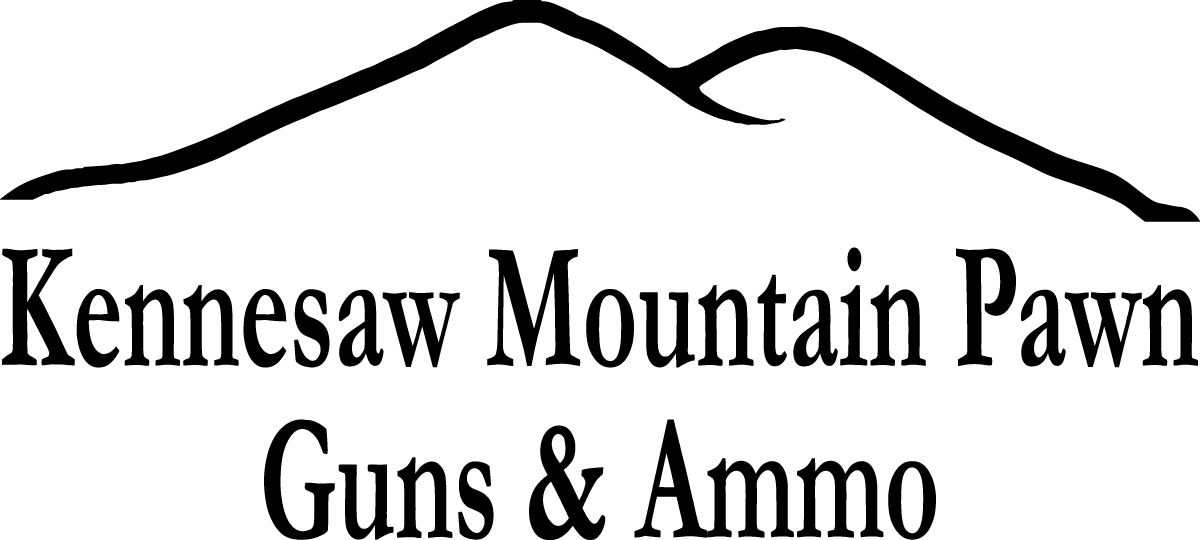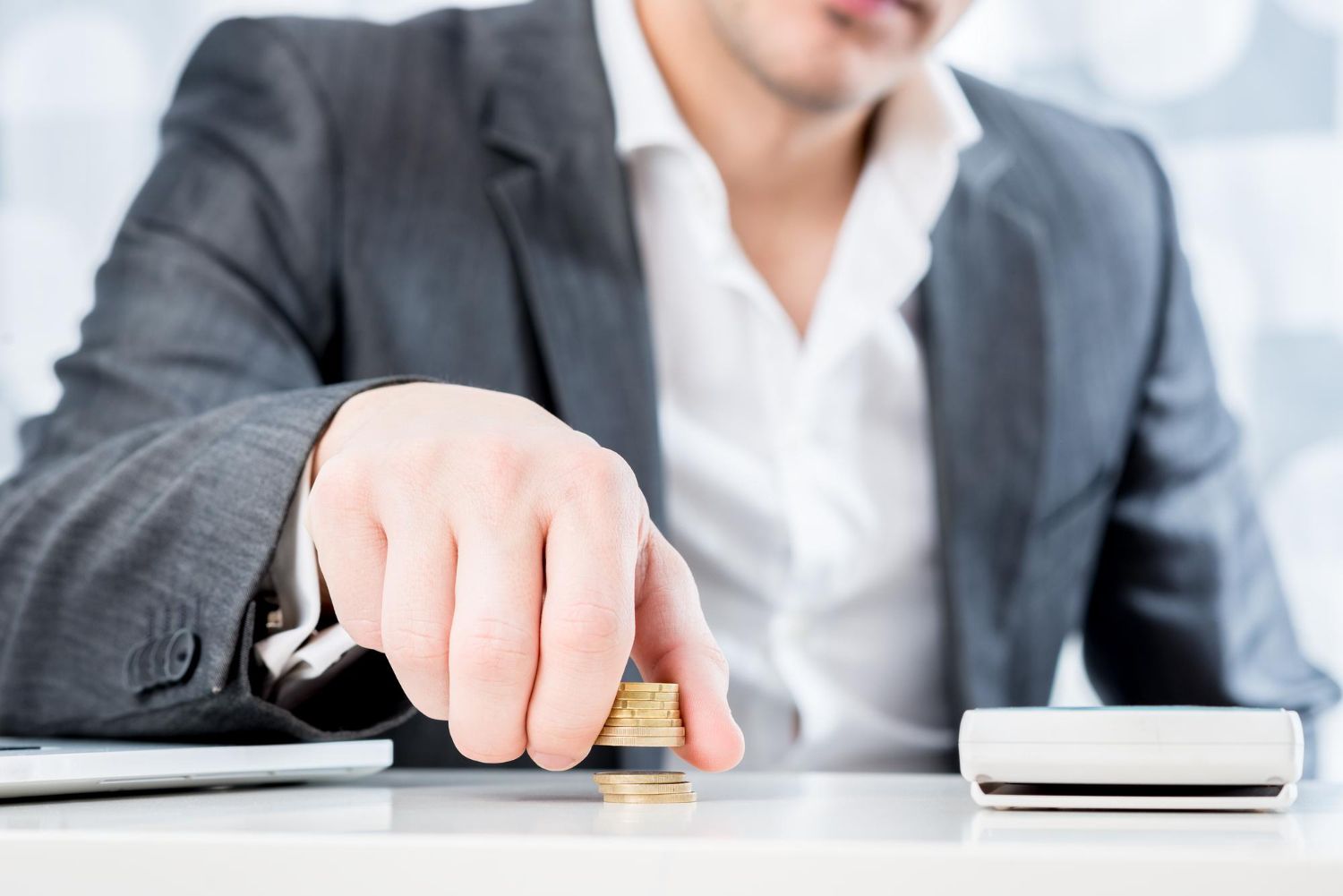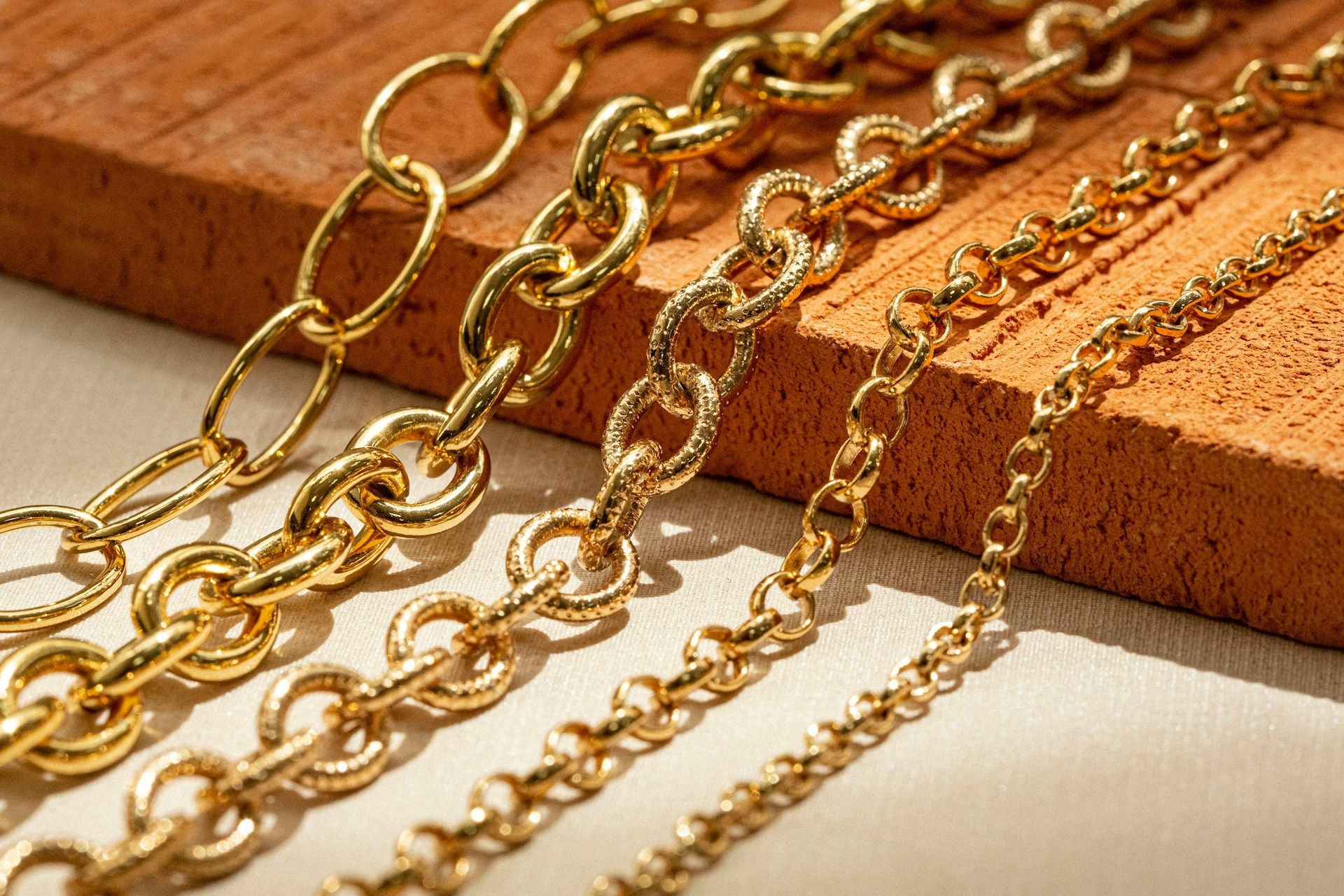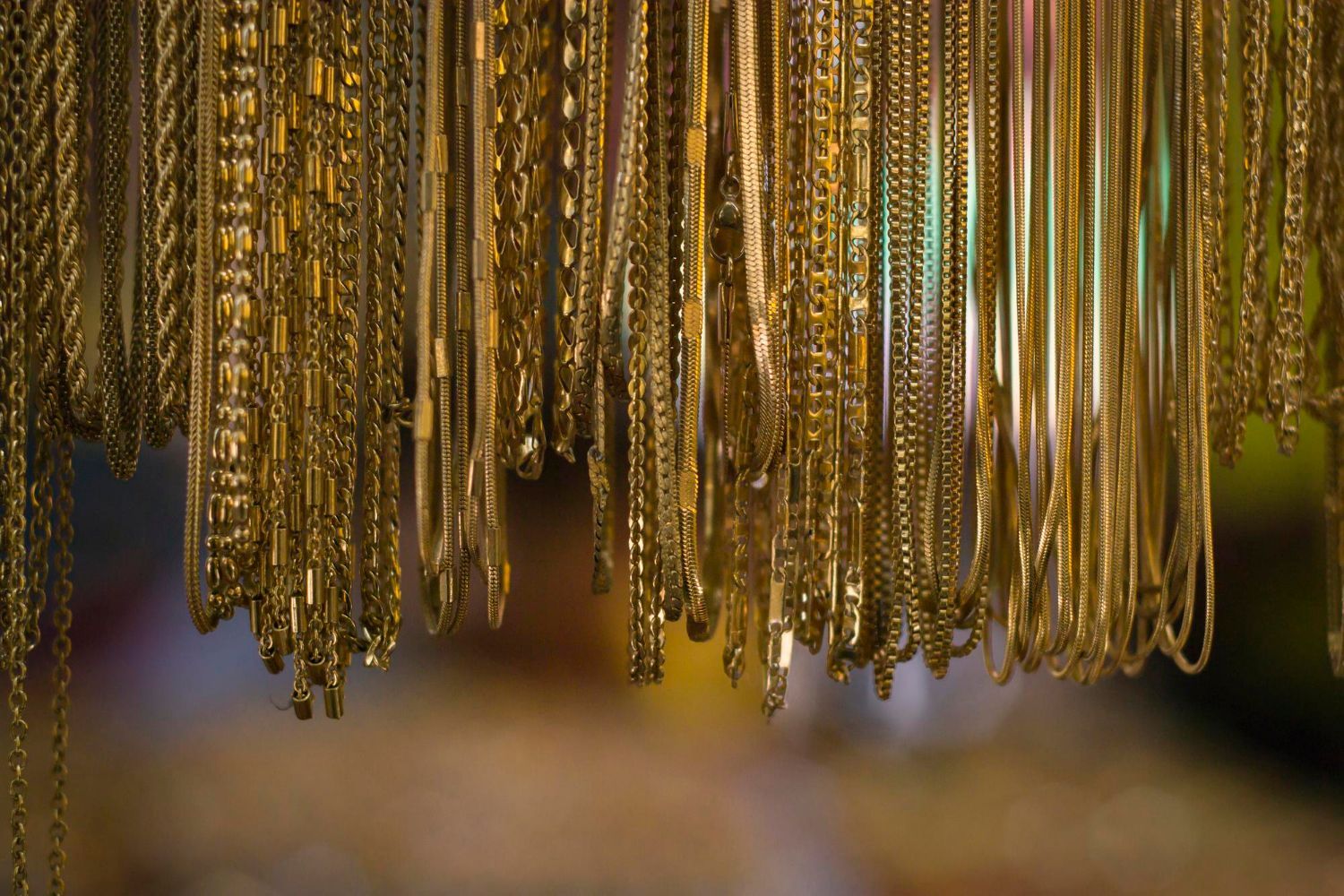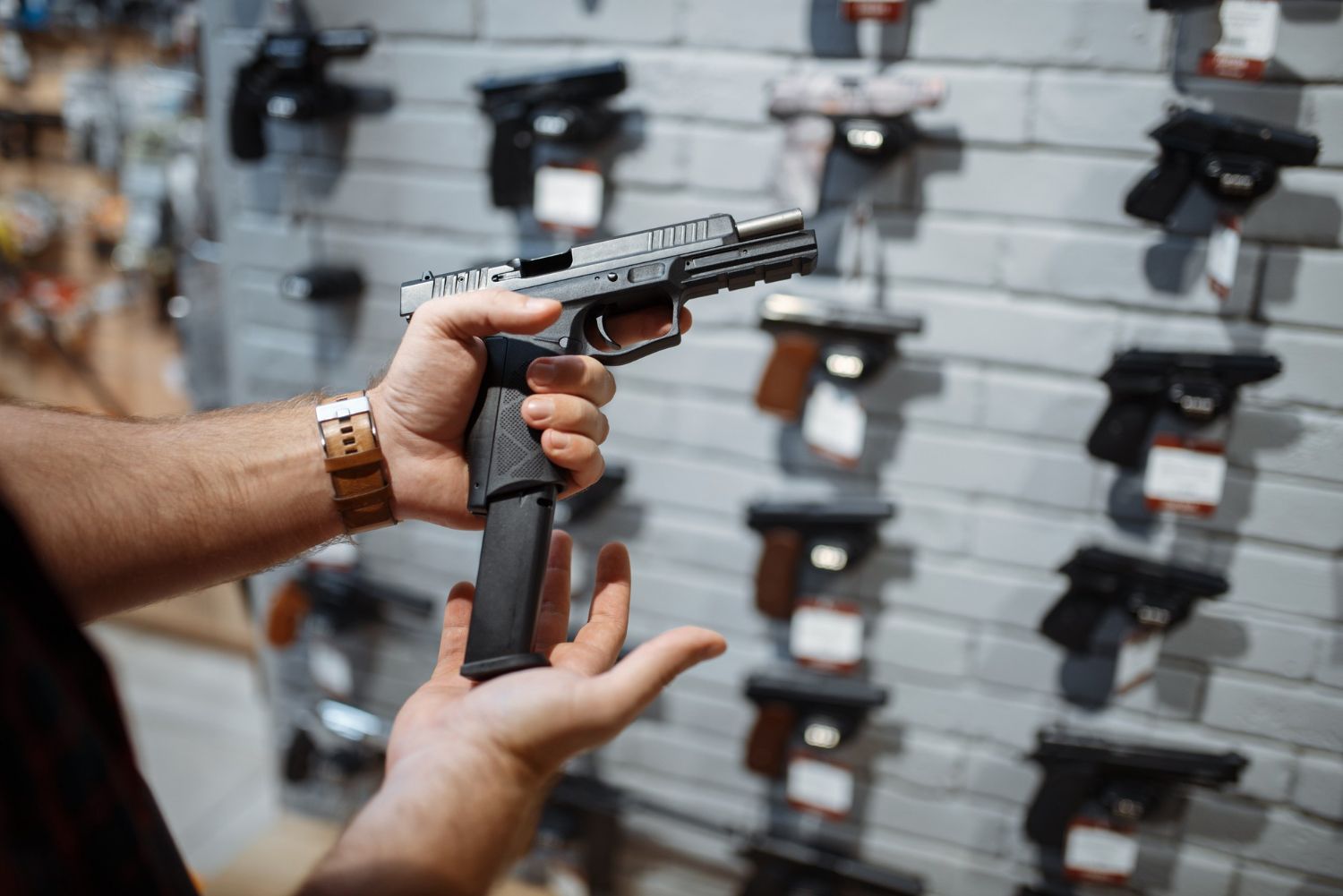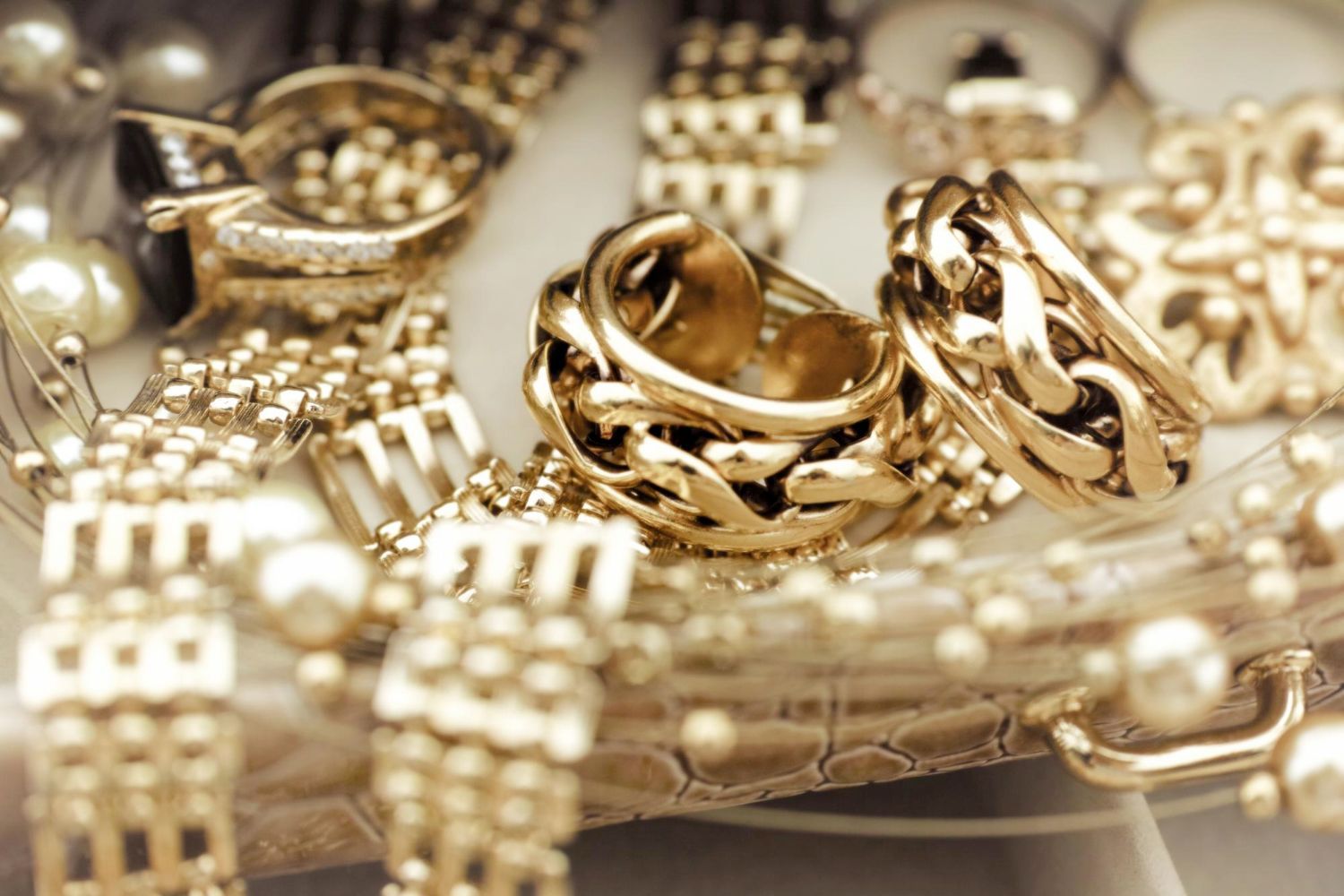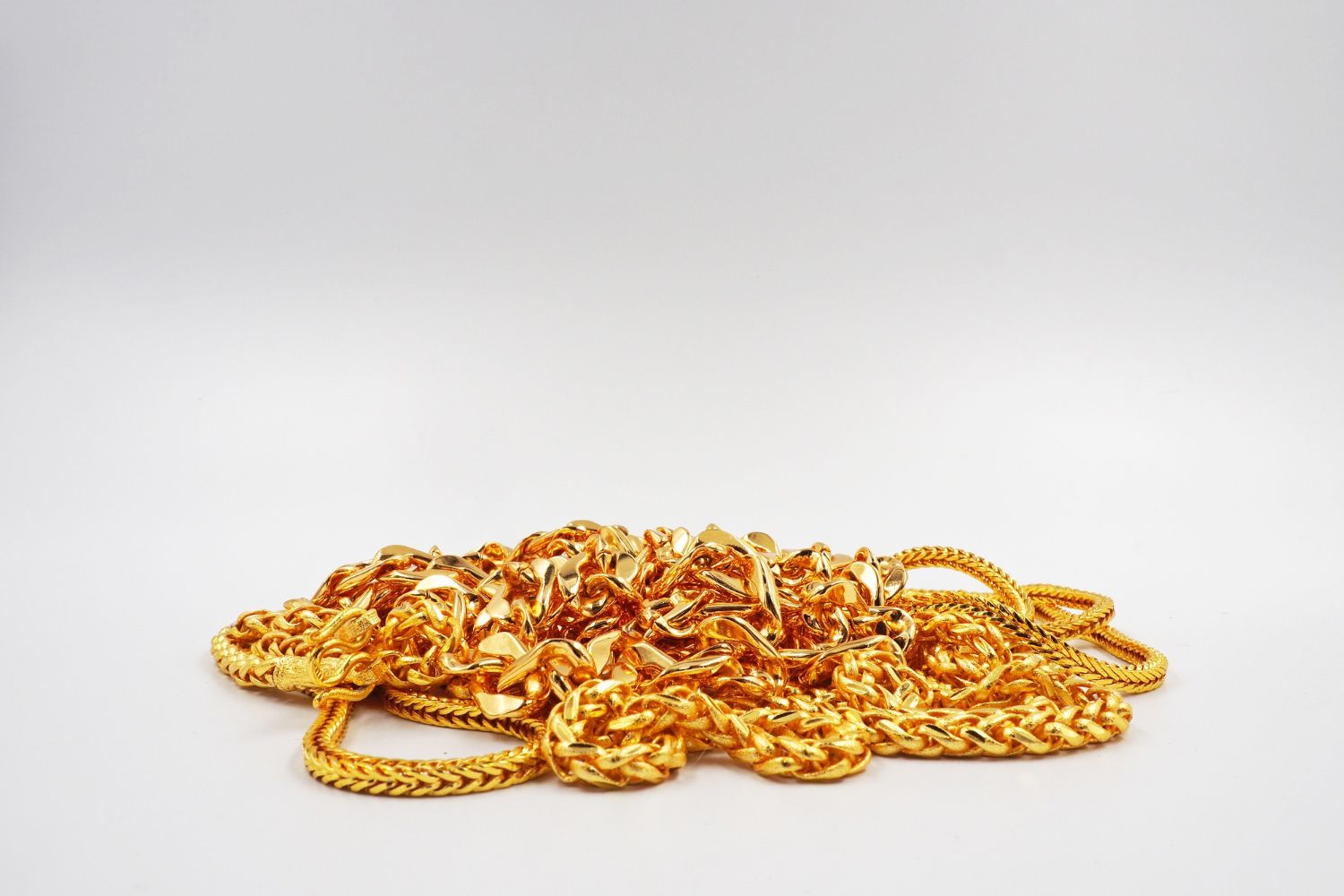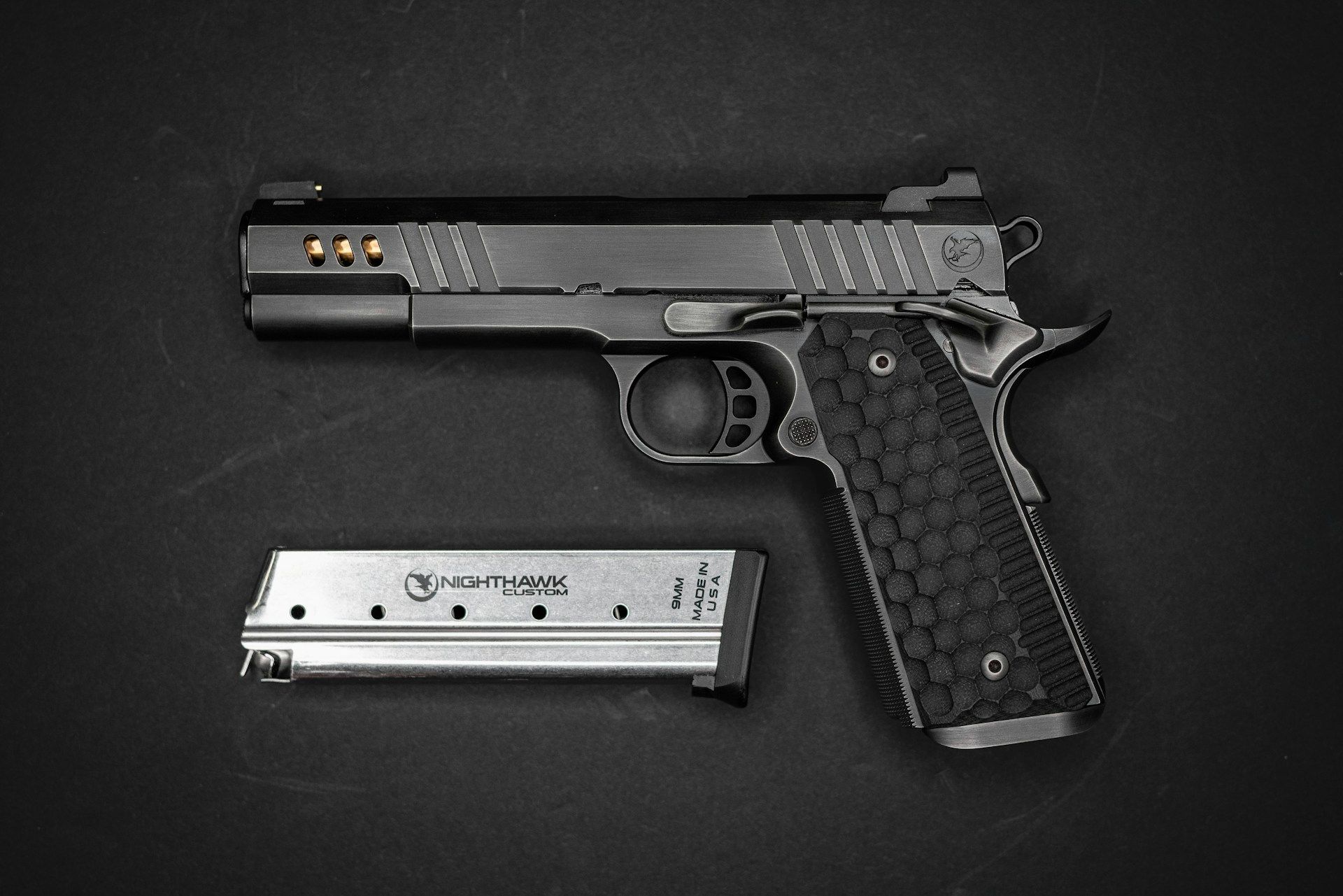What to Expect When Pawning Your Gun for a Loan
Pawning a gun for a loan is a straightforward way to access quick cash without selling your valuable firearm outright. This method can be particularly useful in emergencies or when you need funds for unexpected expenses. Understanding what to expect during this process can help you navigate it efficiently and get the best possible value for your firearm.
Various factors come into play when pawning a gun. First, it's important to be aware of the legal requirements and background checks involved. Regulations regarding firearm transactions are strict to ensure the safety and legality of the process. Knowing these requirements can prepare you for any paperwork or checks needed.
Next, understanding the appraisal process can significantly impact the amount of money you receive. The value of your gun is determined by several factors such as its condition, make, model, and current market demand. Having knowledge of these aspects can help you better prepare your firearm for appraisal, potentially increasing its value.
Finally, being aware of the loan terms and how to repay the loan is crucial. Knowing the conditions of the loan agreement, including interest rates and repayment periods, ensures you can meet the obligations and reclaim your gun without any issues. This article will guide you through each step, providing you with the necessary knowledge to effectively pawn your gun for a loan.
Legal Requirements and Background Checks
When pawning your gun for a loan, it's critical to comply with legal requirements and undergo background checks. This ensures that the transaction is safe and legal for both parties involved. Here are some key aspects to consider:
- Identification: You must provide a valid government-issued photo ID. This is required to confirm your identity and prove that you legally possess the firearm. Common forms of ID include a driver's license or passport.
- Ownership Proof: Ensure that you have proof of ownership for the gun you wish to pawn. This could be a purchase receipt, a bill of sale, or a registration document. Without proper documentation, the pawn shop may refuse to accept your firearm.
- Background Checks: Federal and state laws mandate background checks for gun-related transactions. The pawn shop will run a background check to ensure you have no legal restrictions that prohibit you from pawning the gun. This step is crucial to prevent unlawful transfers and maintain public safety.
- Firearm Condition: The gun must be safe and in operable condition. Pawn shops will not accept firearms that are damaged or non-functional, as this could pose a safety risk.
By preparing these documents and understanding the legal requirements, you can ensure a smooth and compliant transaction when pawning your gun for a loan.
Appraisal: Determining the Value of Your Gun
The appraisal process is a critical step in pawning your gun, as it determines the amount of loan you can receive. Several factors influence the value of your firearm:
- Make and Model: The make and model of the gun are primary factors. Well-known brands and models that are in high demand typically carry more value. Limited edition or collectible firearms can also fetch higher appraisals.
- Condition: The overall condition of the gun plays a significant role. Guns in excellent condition, without any visible damage or wear, are appraised at a higher value. Regular maintenance and proper storage can help maintain the gun's condition.
- Age and Rarity: Older guns, especially those with historical significance or rarity, can be worth more. A gun that is no longer in production or is hard to find can increase the appraisal value significantly.
- Accessories and Documentation: Additional accessories like scopes, cases, or original packaging can add to the value of your gun. Moreover, having original purchase receipts, certificates, or manuals can boost its appraisal value.
- Current Market Demand: The value of a gun can fluctuate based on market demand. If a particular type or brand of firearm is in high demand, its value will be higher. Keep an eye on market trends to understand the best time to pawn your gun.
Understanding these factors can help you prepare your firearm for appraisal, ensuring you receive a fair and accurate loan amount. Proper preparation and awareness of what affects the value can make a significant difference in the appraisal outcome.
The Loan Agreement and Terms
Once your gun has been appraised, the next step is understanding the loan agreement and terms. The loan agreement outlines the conditions you must fulfill to receive and repay the loan. Here are key elements to consider:
- Loan Amount: The amount offered will be based on the appraised value of your gun. The pawn shop provides a percentage of this value as the loan amount. It’s important to understand how much you will receive upfront.
- Interest Rates: The agreement will specify the interest rate applicable to the loan. Interest rates can vary, so it’s crucial to read this section carefully to understand what the total repayment will be.
- Repayment Period: The agreement will detail the repayment period, indicating the time frame within which you must repay the loan. This period can range from a few weeks to several months. Make sure you note these deadlines to avoid late fees.
- Additional Fees: The contract may include additional fees, such as storage fees or late payment penalties. Understanding all potential charges helps avoid surprises later on.
- Retrieval Terms: The agreement will specify how and when you can retrieve your gun. Make sure you understand these terms to ensure you can reclaim your firearm once the loan is repaid.
Thoroughly read and understand every part of the loan agreement before signing. Ask questions if anything is unclear to avoid misunderstandings.
Tips for Repaying Your Gun Loan
Repaying your gun loan on time is essential for getting your firearm back without issues. Here are some practical tips to help you manage your repayment effectively:
- Create a Repayment Plan: As soon as you receive the loan, develop a repayment plan. Break down the total amount into smaller, manageable payments. This approach can make the repayment process less daunting.
- Set Reminders: Use calendar alerts or reminders on your phone to keep track of payment deadlines. Staying organized helps prevent missing payments and incurring additional fees.
- Budget Wisely: Allocate a portion of your income towards the loan repayment. Prioritize your loan payments in your monthly budget to ensure you have enough funds.
- Communicate with the Pawn Shop: If you face financial difficulties and cannot repay the loan on time, contact the pawn shop immediately. Many shops are willing to negotiate an extension or revised terms.
- Avoid Late Fees: Make timely payments to avoid late fees. Paying on or before the due date helps you save money and ensures you can reclaim your gun without any issues.
By following these tips, you can manage your loan repayment responsibly and retrieve your firearm without complications.
Conclusion
Pawning your gun for a loan can be an effective way to access quick cash without losing ownership of your firearm. By understanding the legal requirements, appraisal process, loan terms, and repayment tips, you can navigate the process smoothly and make informed decisions. Proper preparation and knowledge can significantly impact the loan amount you receive and how you manage repayment.
If you're considering
pawning your gun, visit Kennesaw Mountain Pawn in Marietta. Our experienced staff is ready to assist you with fair appraisals and secure loans. Come see us today to explore your options and get the financial support you need.
